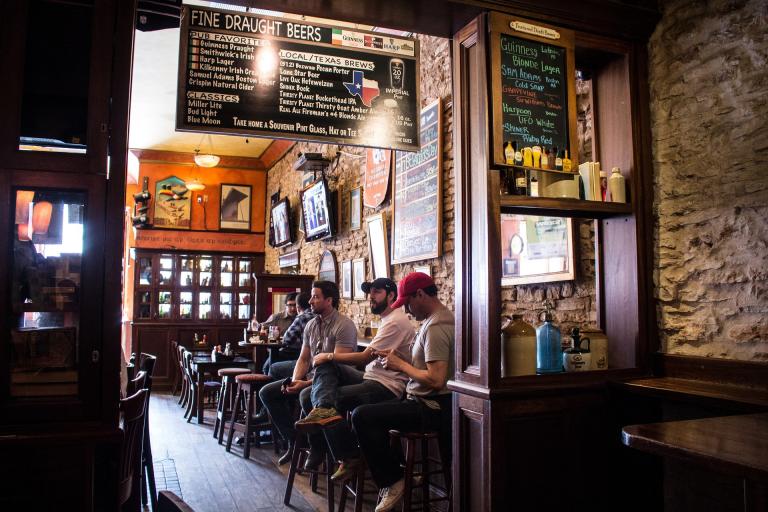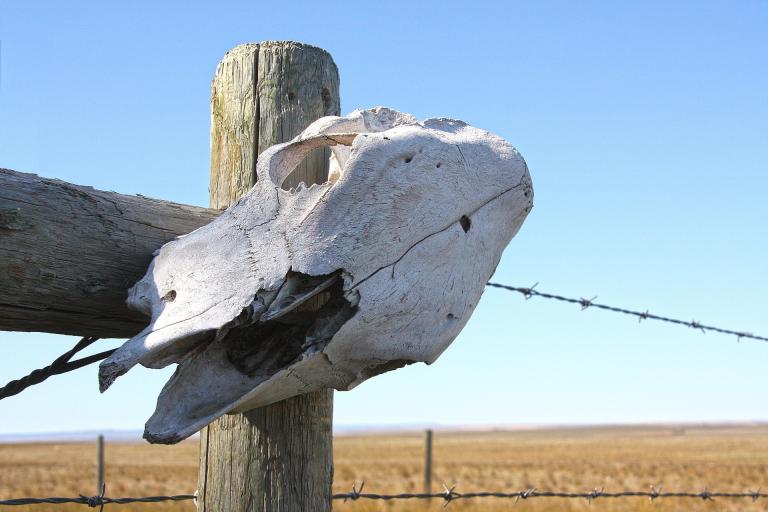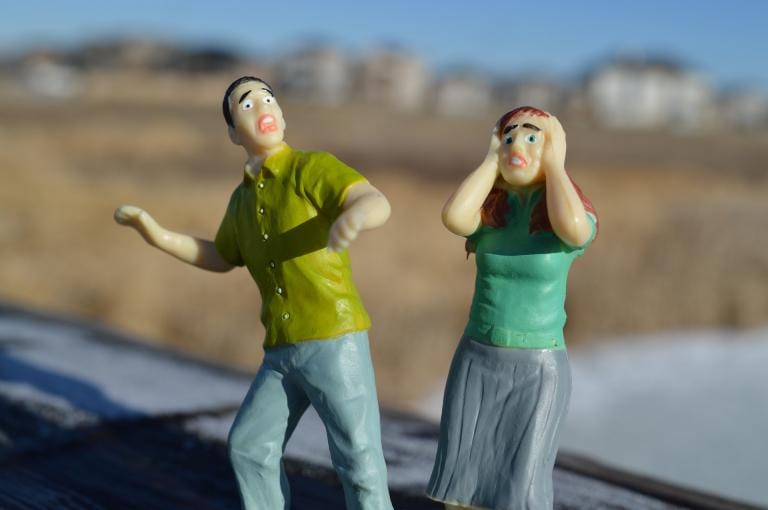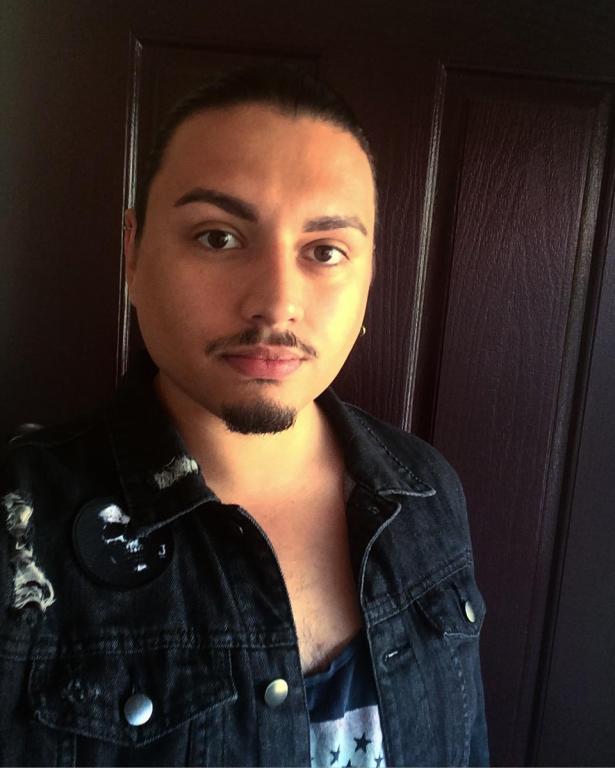So, you wanna be a paranormal investigator, huh? That’s a big decision and one that shouldn’t be taken lightly. Before you begin, there are some things you should consider, and steps you should take in order to be successful. I’ve written this as a guide to forming your own team from the ground up. Whether you take the advice or not is up to you, but as someone who has seen the best and the worst of the paranormal community, it would be wise to at least read what I have to say.
Before you do anything at all, the very first thing you need to ask yourself is “what is my mission?” Before you even buy an EVP recorder, or download any suspect “ghost hunting” apps, you need to know what your intentions are. Some of you might be stumped by this question already, but it’s the most important first step and it sets the tone for all the steps that follow.

Are you just looking for an activity to do with your drinking buddies? That’s a surprisingly common reason; just be upfront about it with your team, community, and clients. Are you aiming to be the one that finally finds definitive scientific proof of the afterlife to share with the world? Dare to dream. Maybe instead you have a glittering headshot and a desire to be the next Zak Bagans and make it big on TV? Not the most honorable reason, but I don’t judge.
But maybe, just maybe you don’t want to do any of those things. Maybe you want to be one of the few who help both the living and the dead by helping to fix paranormal issues. This is the most difficult but also the most rewarding path. No matter how you answer this first question, you need to be honest with yourself and your future team about why you are in the field of paranormal investigation. Everyone on your team needs to share that same mission as well.
The second thing you need to do is join the community. Connections are important. If you go on social media you’re bound to find some sort of paranormal group in your area that holds some sort of social event (even if it is only online). If you can’t find anything, maybe start something. You might be surprised at who shows up.
Joining the community will do a few things for you. First, it will give you the opportunity to learn from more experienced investigators and possibly give you a place to go when you need help. Second, it’s a good place to scout for possible teammates you’d like to have on your squad. Third, it will help you get a feel for your local para community.

Here in the Pacific Northwest we have a very friendly and open paranormal community. This isn’t the norm however. Other areas can be extremely territorial, and some teams feel like they own certain locations based on who investigated first, or most often. This leads to a lot of animosity and infighting amongst the teams. It’s best to know straight away if this is the case. It can get very Wild West; you’ll need to be prepared.
Once you’ve gotten a feel for your community, it’s time to build your team. Choosing teammates can take a long time, and it might require you to enforce some serious boundaries with your friends and family. If you are just looking for an activity with friends, then adding them to the team is not a problem.
However, if you are setting your sights on something more, there’s a good chance that some folks you may love as friends won’t make good investigators. Sweet Sally, who can’t even watch scary movie trailers, probably can’t hack it. Dirty Dave, who loves a practical joke and can’t take anything seriously to save his life, is also probably not a good candidate (even if he did save your life in college). Same goes for Drama Darla, who is likely to see demons and devils everywhere and feel like something followed her home from every investigation. That becomes old really fast.
We love our friends, but be prepared as most of them will assume they have an open invite to join. When choosing your teammates, refer back to your mission. If you want to gather scientific proof of the supernatural, look for critical thinking, well-educated individuals who have a similar goal (and most importantly, have credibility). If you want to be on TV you’ll need good looking folks with star power.

If you want to help fix hauntings though, you’ll need folks with special skills. You’ll need experienced psychics, people with occult knowledge, historical researchers and more. No matter who you ask to join your team, make sure they know what your mission is and that it aligns with their personal goals.
No matter who it is that you choose to be on your team, you must feel that they are trustworthy. Trust is a huge part of this work and if you can’t rely on them to have your back, then they have no business being on your team. Apart from trustworthiness, there are several categories of investigators that you will want to have on hand. These don’t have to be on location at all times, but you should have them available should you need them.
The first is a lead investigator. That might be you, it might not be you. Just because you founded the team doesn’t automatically mean you are the best to lead it. Generally whoever has the most experience should be running it. However, if you feel you have good leadership skills, at least some experience, and would like to be at the helm then by all means take the lead. Just be sure to seek counsel from those more experienced if you find yourself in over your head. Don’t lead your team into danger just because you’re too proud to ask for help. The team depends on their leader to be organized, professional, and to keep them safe. Whoever leads should think of the team as a whole above all else.
The next person you’ll need is a case manager. This is a person who is the point of contact for the team. They receive requests for investigations from the public, and weed out the crazies (you get some WILD emails when you do this work). They also schedule initial interviews with the clients and make sure the paperwork gets signed and filed properly.
Yup! I said paperwork. You probably weren’t expecting that, but you really should have at least a waiver stating they agree to have you investigate the home/business and won’t hold you liable for any damage (one loose shoelace can be the end of grandma’s china cabinet). The case manager also schedules investigations with both the client and the investigators (no easy task I might add), and generally keeps everyone on track. It takes a very specific personality type to be able to handle this part of the job and is the position with the highest turnover.

The other two positions you’ll want to fill can be done by folks outside of the team that act as consultants but they are extremely handy to have around. The first is a psychic; every team should have a psychic that they work with regularly. I mean, you wouldn’t try to explore the sea with only people that couldn’t swim right? You’re gonna need a diver who can go take a look every now and then. Your psychic is also helpful if you want to attempt certain types of experiments in the home such as a “Ganzfeld experiment”.
The second is an occult specialist. This is someone who can identify symbols, or recognize the signs of occult activity, witchcraft, and rituals. Many types of hauntings can be brought on or influenced by occult practices. Having someone around who understands the language is extremely helpful.
The rest of the folks you add to the team act as investigators taking EVPs, and conducting other experiments like Ghost Box sessions etc. These people don’t have to have special skills, just some basic training. Having three or four investigators is usually plenty. Having too many folks on a team or at an investigation will contaminate your evidence. More bodies mean more noise, more shadows, and more shuffling feet, all of which can create false evidence. Keep your team small and stay in honest communication with all of them.
I hope this has been a helpful guide to getting started. This work is serious business, but I’d be lying if I said it wasn’t a whole lot of fun! So get out there and do your work and have a blast!


















